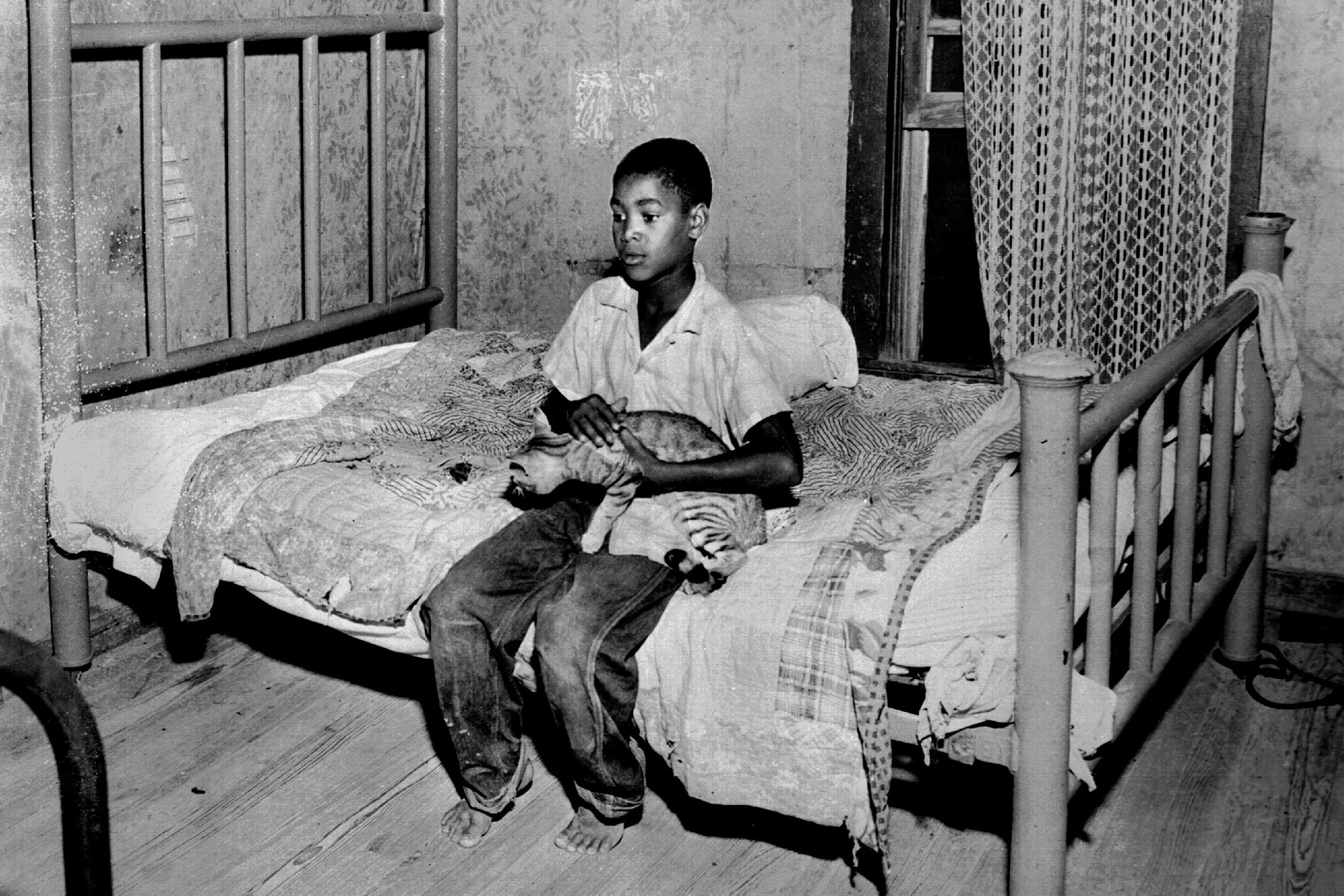Simeon Wright, witness to a lynching that helped to trigger the civil right movement
He shared a bed the night in 1955 that his cousin Emmett Till was kidnapped and murdered for allegedly wolf-whistling at a white woman

Your support helps us to tell the story
From reproductive rights to climate change to Big Tech, The Independent is on the ground when the story is developing. Whether it's investigating the financials of Elon Musk's pro-Trump PAC or producing our latest documentary, 'The A Word', which shines a light on the American women fighting for reproductive rights, we know how important it is to parse out the facts from the messaging.
At such a critical moment in US history, we need reporters on the ground. Your donation allows us to keep sending journalists to speak to both sides of the story.
The Independent is trusted by Americans across the entire political spectrum. And unlike many other quality news outlets, we choose not to lock Americans out of our reporting and analysis with paywalls. We believe quality journalism should be available to everyone, paid for by those who can afford it.
Your support makes all the difference.“Certain sounds bring it back,” Simeon Wright once told an interviewer, recalling the August night in 1955 when his 14-year-old cousin Emmett Till was kidnapped from the bed they shared, tortured, shot and submerged in the Tallahatchie River of Mississippi. “Certain smells. Honeysuckle smell. Because honeysuckle was blooming that summer.”
Wright, who has died aged 74, was – besides his cousin's assailants – one of the last people to see Till alive. In the years that followed, Wright became a key witness in the lynching – an event that helped spark the civil rights movement after Till's mother, Mamie Till-Mobley, insisted that her son's mutilated remains be displayed before the public in an open casket.
Wright had been with Till days before his kidnapping, during a visit to Bryant's Grocery and Meat Market in Money, Mississippi, where Till stopped to buy bubble gum. In accounts of the lynching, Till is widely said to have wolf-whistled at the proprietress, Carolyn Bryant, on his way out.
Till, who lived in Chicago and was visiting relatives in Mississippi, was unschooled in the racial mores of the Jim Crow South – and the violence that any perceived violation might provoke. Wright, a local sharecropper's son who was two years younger, said he knew immediately upon hearing Till's whistle that his cousin was in danger.
“It scared us half to death,” Wright told Chicago magazine in 2009. “We were almost in shock. We couldn't get out of there fast enough, because we had never heard of anything like that before. A black boy whistling at a white woman? In Mississippi? No.”

According to Wright, Till begged his cousin and their companions not to tell Moses Wright, Simeon's father, what had happened at the store. They acquiesced to Till's request, certain that Moses Wright would send Till home to Chicago for his safety if he learned of the encounter. The boys did not wish to lose their summer together.
The men charged in Till's murder were Bryant's husband, Roy Bryant, and his half-brother JW Milam. Moses Wright risked his life by identifying the defendants in the courtroom as the intruders who had entered his home by dark and kidnapped Till.
“When I opened my eyes, I saw two white men at the foot of my bed. One had a flashlight and a gun,” Simeon Wright told the Chicago Tribune in 2014. “They ordered me back down. Emmett was still sleeping. They had to shake him to wake him up.”
Despite the eyewitness testimony, the defendants were acquitted by an all-white jury, only to then confess to the murder in a paid interview with Look magazine.
Carolyn Bryant, for her part, was in her seventies when she agreed to be interviewed by a Duke University professor, Timothy Tyson, after years of silence. She told Tyson that Till had never physically menaced her, as she claimed at the time of the trial. “Nothing that boy did could ever justify what happened to him,” she told Tyson for his 2017 book The Blood of Emmett Till.
Simeon Brown Wright was born in Doddsville, Mississippi, in 1942. But he would spend most of his life in the Chicago area, where his father moved the family after the trial, and where Wright made a livelihood as a pipe-fitter.
He said that he harboured profound anger over the brutality and injustice of his cousin's death and that, as he grew up, he at times looked for fights with whites. “Even my bedroom was not a safe haven, because killers had walked into it and snatched Bobo from us,” he recalled, using Till's nickname.
Wright, who became a deacon, said he found peace in his Christian faith. With co-author Herb Boyd, he wrote a memoir, Simeon's Story: An Eyewitness Account of the Kidnapping of Emmett Till (2010). And in that book – as well as in interviews over the years, he disputed what he said were falsehoods in the telling and retelling of Till's murder; for example, he denied that Till carried in his wallet a photograph of a white girl and that the other boys had dared him to flirt with or whistle at Carolyn Bryant.
Wright's survivors include his wife of 46 years, Annie Cole, a sister;and three brothers. Interviewed by the Chicago Citizen in 2014, he said that “there was of course tremendous sadness and grief” after Till died. “When tragedy strikes, life goes on but not like before,” he said. “I had never witnessed anything like this. My eyes had been opened to a new world.”
He was particularly disturbed, he wrote in his memoir, by the agonising questions of what might have been if their group hadn't gone shopping, or if they had told an adult of Emmett's encounter at the store and asked for help. “I couldn't shake the many thoughts of him,” Wright wrote. “What if we had stayed home that night? What if we had told Dad?”
Simeon Wright, lynching witness, born 15 October 1942, died 4 September 2017
© Washington Post
Join our commenting forum
Join thought-provoking conversations, follow other Independent readers and see their replies
Comments